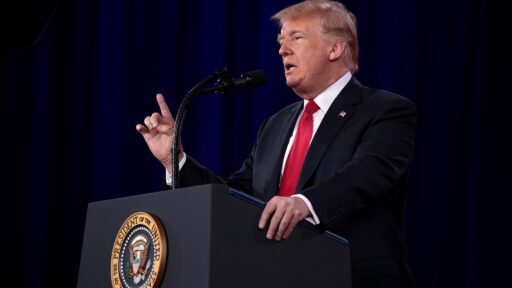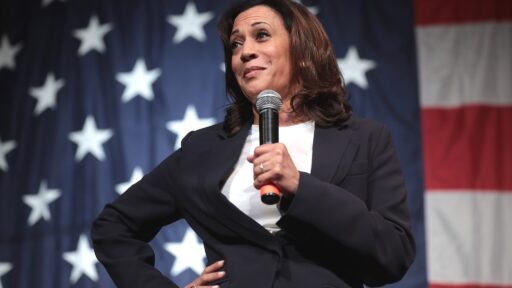Kamala needs to come up with her own ideas.
The Trump campaign has sharply criticized Vice President Kamala Harris for what it describes as her blatant hypocrisy. The latest point of contention involves Harris’ newfound support for expanding the child tax credit, a policy she previously opposed during the Trump administration.
Under President Trump, the administration championed the elimination of tax on tips, a policy met with resistance from the Biden-Harris administration, which pursued additional revenue from tips. Similarly, the Trump administration’s 2017 Tax Cuts and Jobs Act included a significant increase in the child tax credit. At the time, Kamala Harris, then a U.S. Senator, vehemently opposed the tax reforms, calling for their complete repeal and criticizing them as a “travesty” and a politically motivated move that was detrimental to ordinary families.
Now, in a surprising turn, Harris has shifted her stance and expressed support for increasing the child tax credit, a move that the Trump campaign argues is a direct contradiction of her past positions. The campaign’s rapid response memo highlights this inconsistency, labeling Harris as a “hypocrite” for her reversal. They emphasize that Harris’ prior comments, where she denounced the expansion of the child tax credit and vowed to repeal it, starkly contrast with her current endorsement of similar policies.
The memo further critiques Harris’ recent economic proposals, accusing her of promoting what they describe as a “communist economic agenda,” including extreme measures like Soviet-style price controls. The Trump campaign’s document includes a reference to The Hill’s reporting on Harris’ previous statements and her opposition to Trump’s tax cuts, underscoring the apparent disparity between her past actions and her current rhetoric.
In a recent press conference at his Bedminster, New Jersey estate, President Trump remarked on Harris’ policy flip-flops, asserting that the Democrats’ proposals are inconsistent and disingenuous. He suggested that their legislative and executive actions have been far more stringent than their current claims would indicate.







